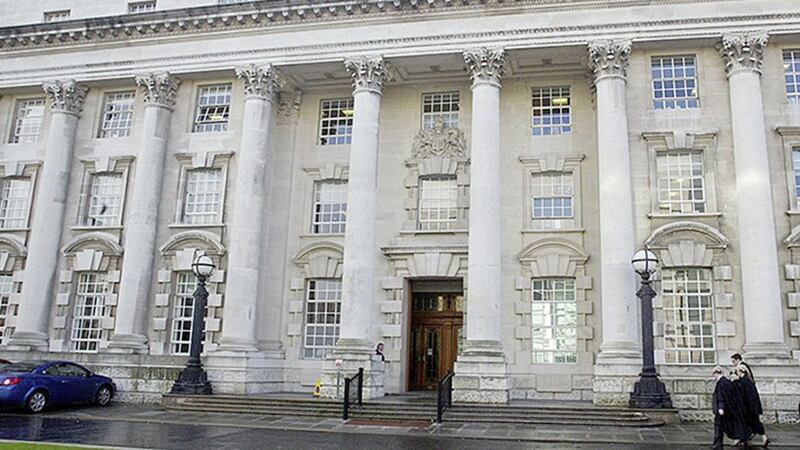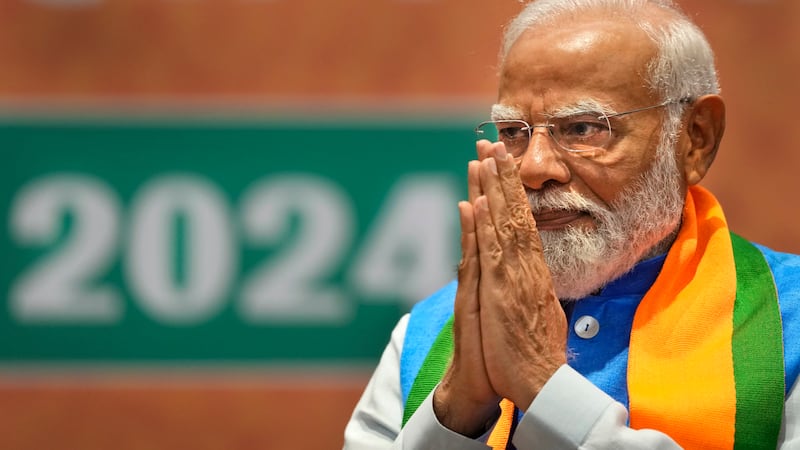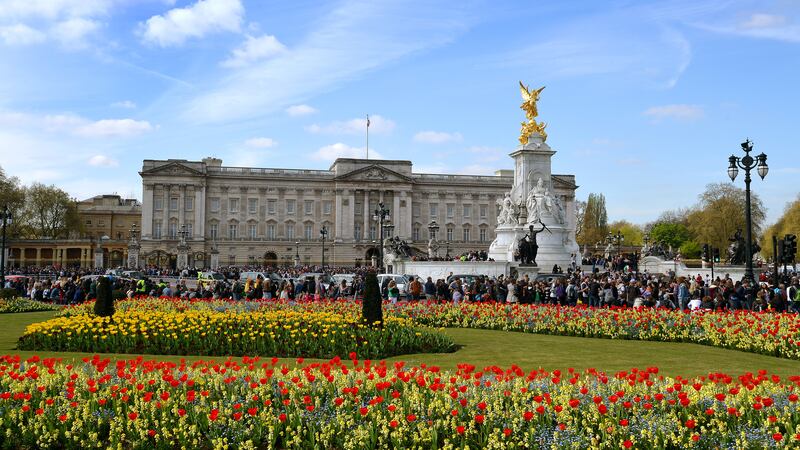POLICE must investigate potentially criminal decisions taken by British Government ministers over the alleged torture of 14 men during internment in Northern Ireland, the Court of Appeal heard yesterday.
Lawyers for the so-called Hooded Men claimed a review into the deep interrogation methods deployed against them 47 years ago had been too narrow.
The PSNI is challenging a previous ruling that its decision to end preliminary inquiries into their treatment was seriously flawed and should be quashed.
Counsel for the Chief Constable argued that no new evidence has emerged which would trigger a legal obligation to further probe and seek the prosecution of anyone who perpetrated offences.
But Hugh Southey QC, representing surviving members of the group, insisted there is a continuing need to investigate.
He told the three appeal judges: "There is, we would argue, a basis for believing that specific government ministers took a decision which, while they may or may not have been aware of its legality, is arguably a criminal decision."
The Hooded Men brought the original proceedings against the Chief Constable, Secretary of State and the Department of Justice after allegations of ministerial involvement emerged in a 2014 television documentary.
They argued the authorities have failed to comply with duties under the European Convention on Human Rights to properly probe and order a full inquiry into what happened to them while interned at British Army facilities in Ballykelly, Co Derry.
Five techniques were used against the men while they were held without trial: being hooded, made to stand spread-eagled in a stress position against a wall and beaten if they fell; forced to listen to constant loud static noise; and deprived of sleep, food and water.
Amid claims the men's treatment was sanctioned by the State, the court heard former British Prime Minister Edward Heath was involved in the decision making process.
Stormont's Prime Minister at the time, Brian Faulkner, was also personally briefed on the deployment of the techniques, according to their case.
RUC Special Branch officers were said to have been taught the methods by soldiers but sought assurances of immunity from prosecution before carrying them out.
Counsel for the Chief Constable and the Government has insisted, however, that a former British minister who alleged predecessors had authorised torture in Northern Ireland later corrected his assessment.
The claim made by Merlyn Rees in a newly discovered memo is central to the case.
In 1977 Mr Rees, then Home Secretary, sent a letter to Prime Minister James Callaghan setting out his views on procedures deployed against the men, the court heard.
In the memo he states it was his view that "the decision to use methods of torture in Northern Ireland in 1971/72 was taken by ministers - in particular Lord Carrington, then Secretary of State for Defence".
The document, uncovered from the National Archives in London, featured in an RTE documentary in 2014 and led to questions being raised at the Northern Ireland Policing Board.
Within weeks, however, Mr Rees' assessment of the men's treatment was said to have been modified to having faced deep interrogation.
It was also stressed that in 1978 the European Court of Human Rights held the techniques constituted inhuman and degrading treatment - but fell short of torture.
The Chief Constable's legal team contended that there had been a series of investigations into the deep interrogation stretching back to 1971, with no new facts having since emerged.
But Mr Southey claimed more needed to be done to fulfil a pledge made to the Policing Board to investigate crime.
"What actually happened was a very narrow review... the report just focuses on whether torture had been authorised," he said.
He was asked by Lord Chief Justice Sir Declan Morgan if the disclosure of the identity of the ministers allegedly involved in the documents after 40 years could constitute the legally required new information.
Mr Southey replied: "Our position would be yes, it does."
The appeal continues.








